Is there a wrong way to talk about climate change? – Grist Magazine

In a provocative new book, Genevieve Guenther argues that too many conversations are happening on the fossil fuel industry’s terms….
Shrimp farms threaten Mexico’s mangroves and the jaguars that inhabit them – Mongabay
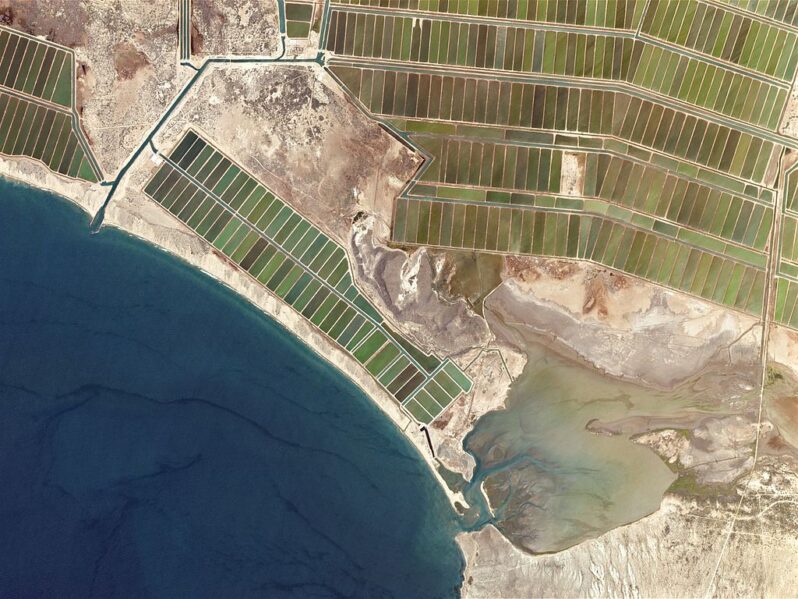
Western Mexico’s rapidly expanding shrimp farms, many of which are illegal, are contributing to the deforestation of the Pacific coast’s mangroves, an important habitat for jaguars…
Using Trash to Track Other Trash – Hakai Magazine
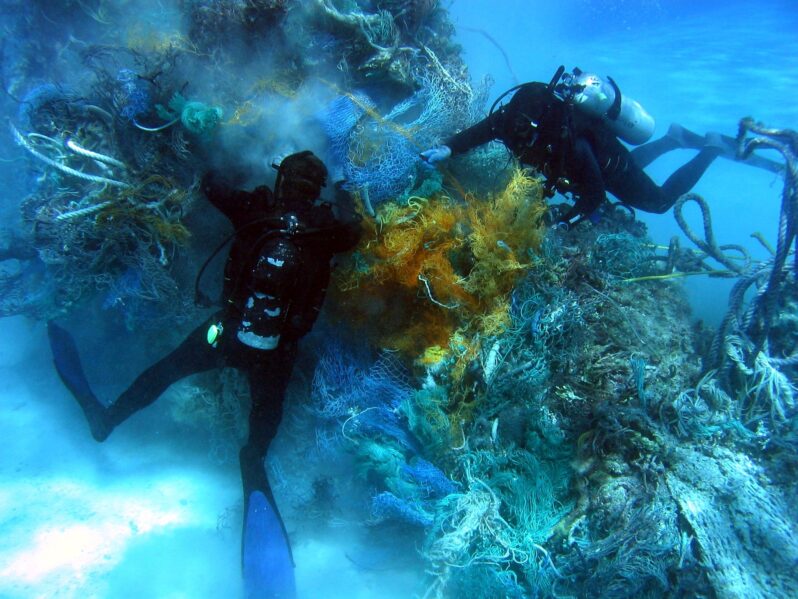
An Australian organization is taking “Reduce, Reuse, Recycle” to heart with its ghost net clean-up program….
Long Story Shorts: How Does Fish Poop Keep Our World in Balance? – Hakai Institute
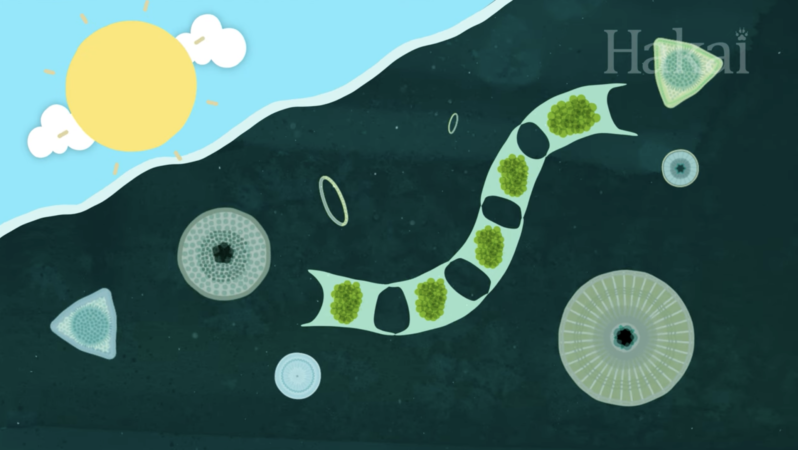
You might be asking yourself, What does fish poop have to do with the health of the ocean and our planet? Well, gross or not, that fish poop plays a big role in something called the carbon cycle. Watch this video to find out—then think about everything else that goes number two in the deep blue and you’ll see how all that poop can help keep the Earth in balance…
New Reads for Coastal Kids Are Packed with Fun and Facts – Hakai Magazine
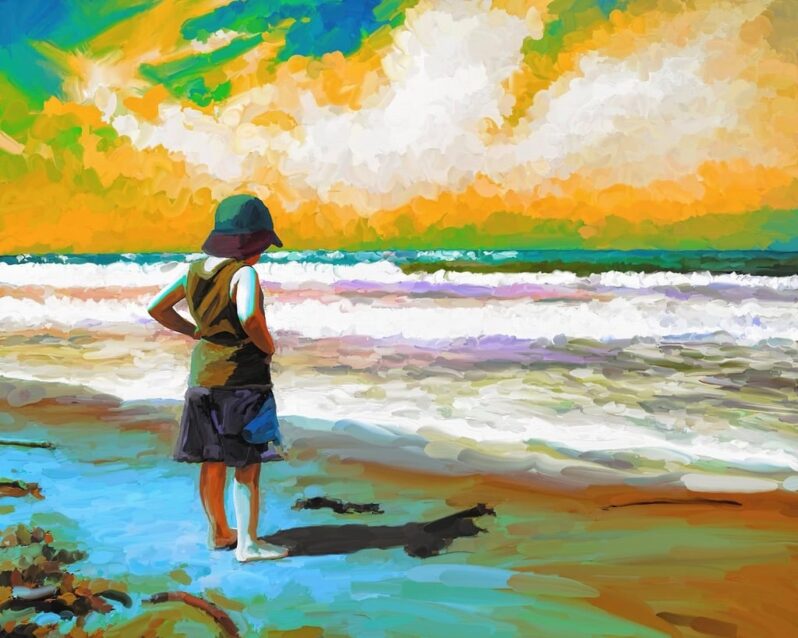
These 10 coastal-themed books deliver more than pretty pictures…
How to create a ‘world without waste’? Here are the plastic industry’s ideas – Grist Magazine
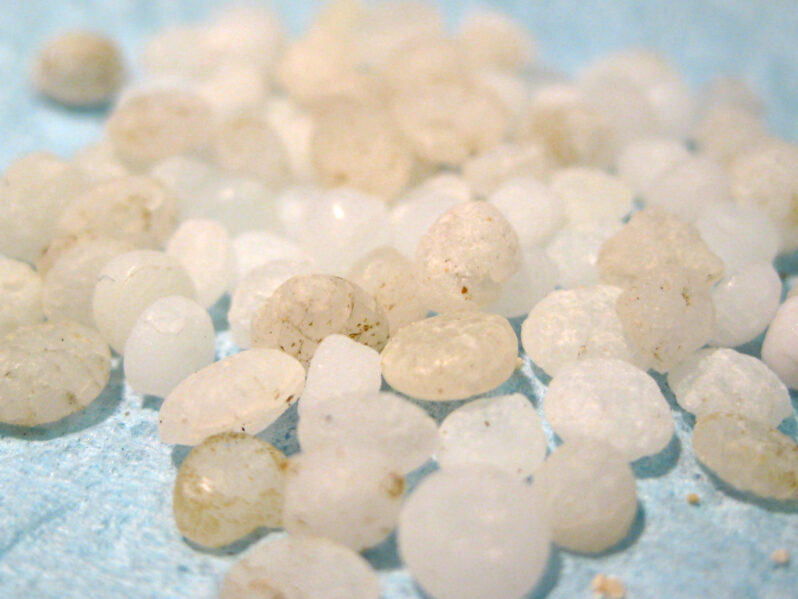
A deep dive into the petrochemical industry’s proposals for the global plastics treaty….
Rancho Palos Verdes landslide is creating a new beach. ‘It’s unreal’ – the Los Angeles Times
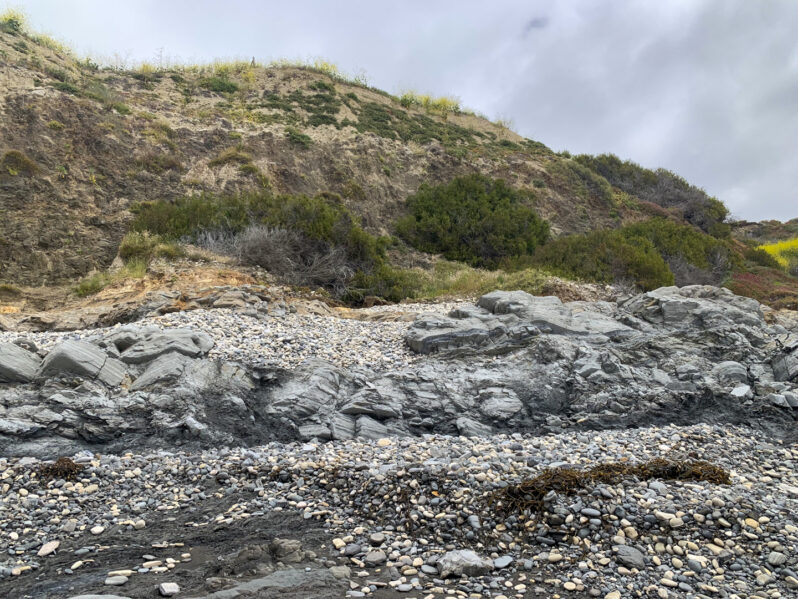
There’s an entirely new coastline in Rancho Palos Verdes…
Sand trafficking: a scourge that is worsening in Latin America – El Nuevo Siglo | Insight Crime
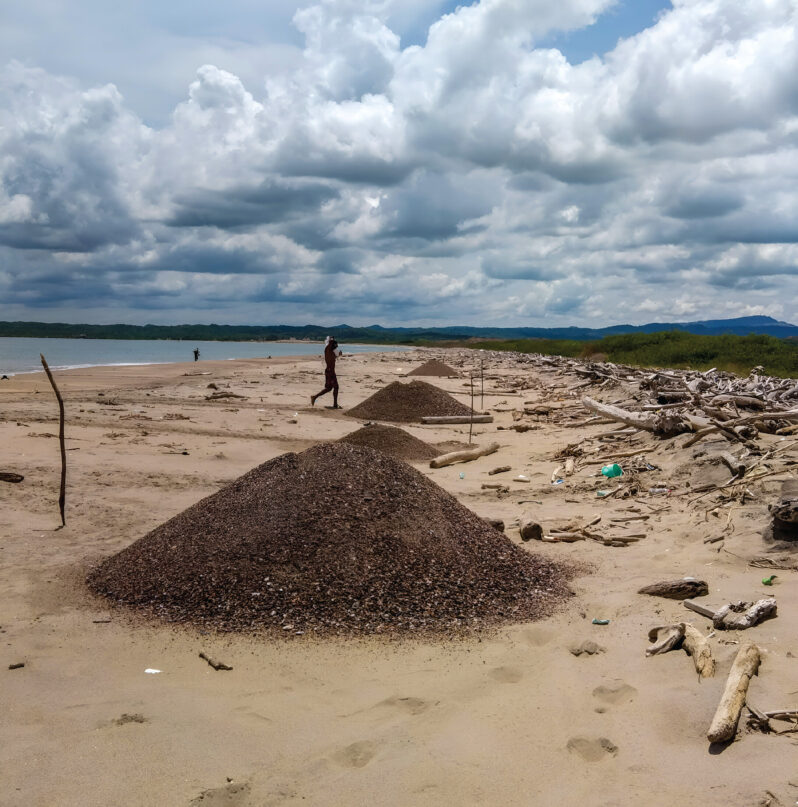
Low risk, difficult to detect and with huge profits, this crime affects most countries in the region. There are several ‘cartels’ in this black market…..
Photos: Beryl makes landfall on Texas coast as Category 1 storm – the Washington Post
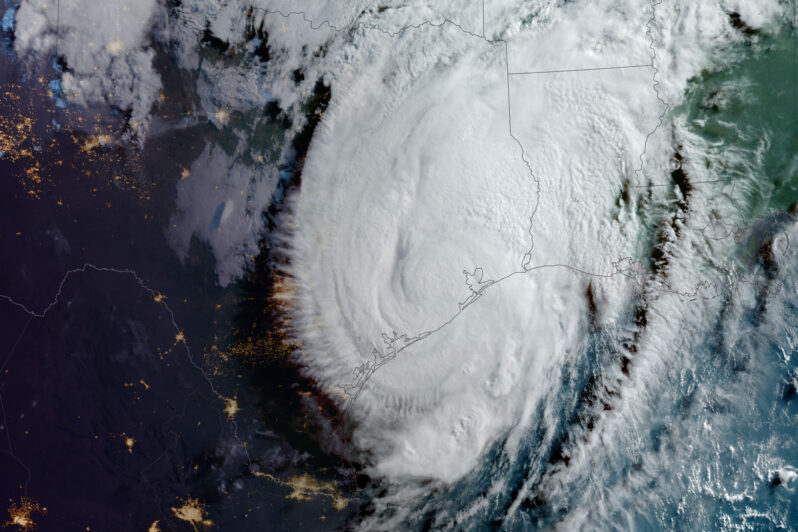
Hurricane Beryl headed to Texas after hitting Mexico and leaving a trail of destruction across the eastern Caribbean…
